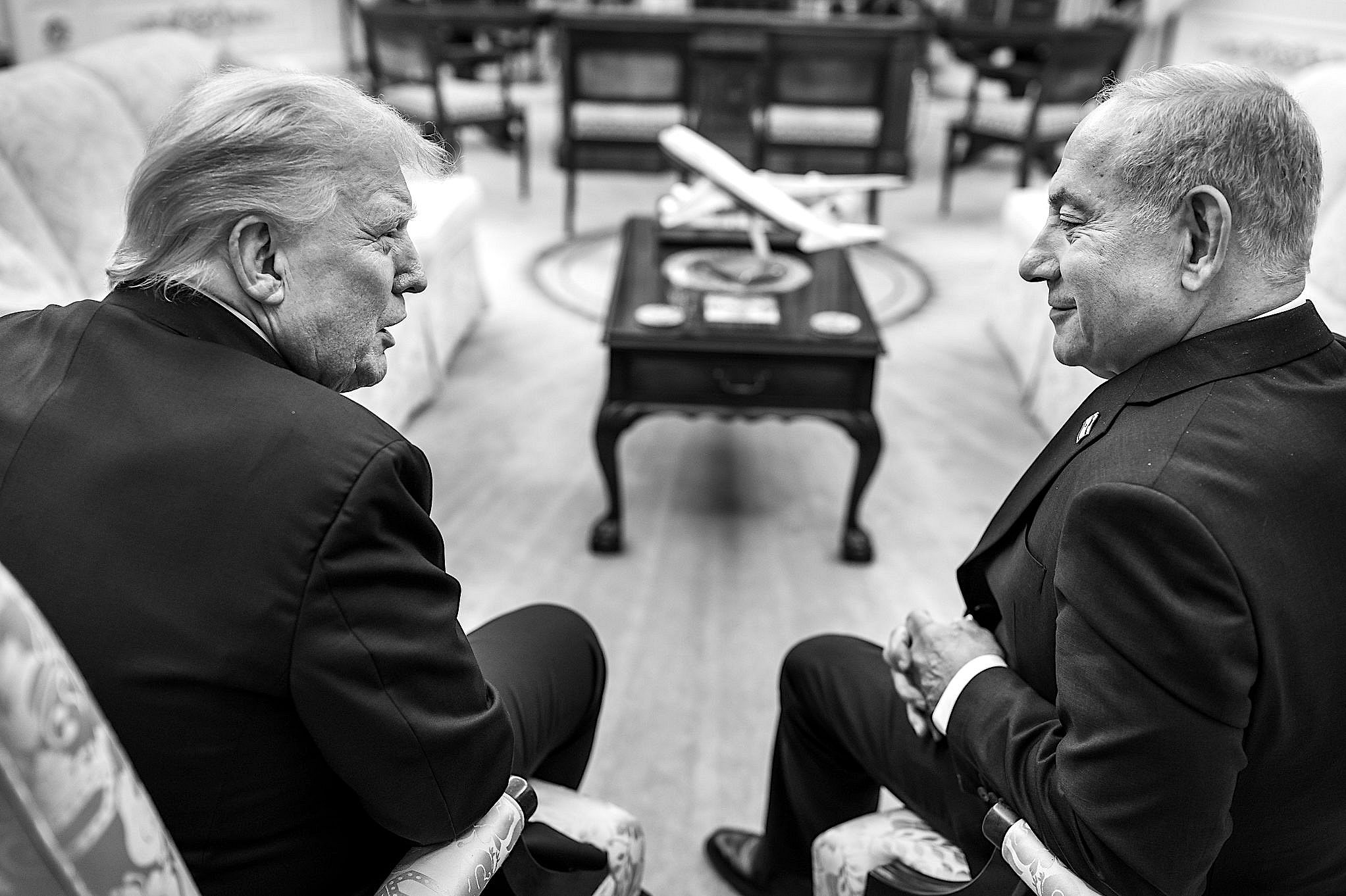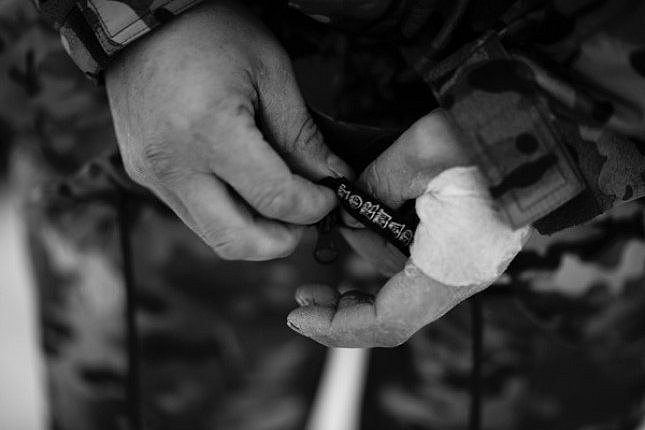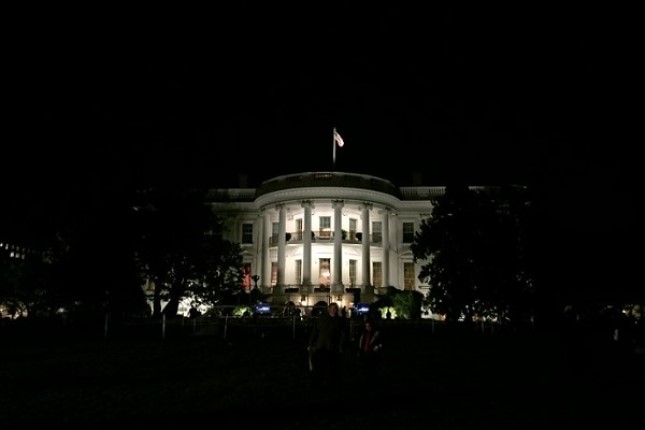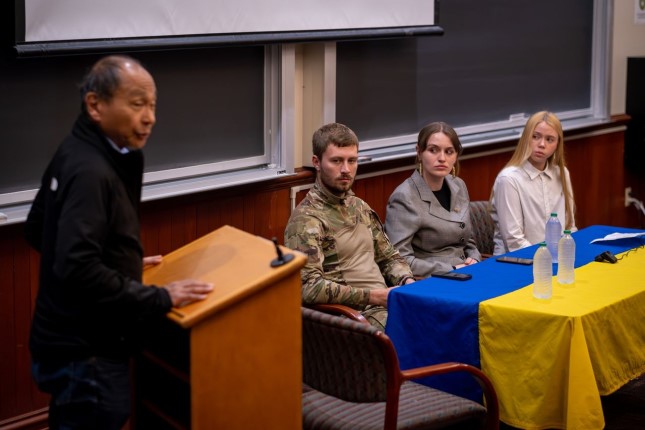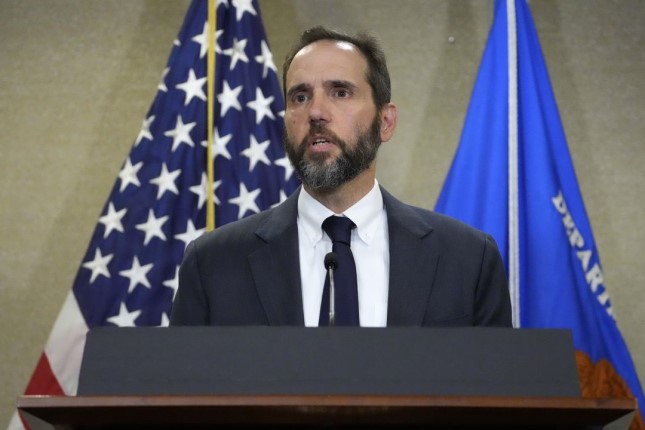Mayor’s office says NYC Cyber Command concluded app posed a security threat to the city’s technical networks.
Parks body and the sanitation department account, with nearly 50,000 users, will no longer be monitored.
All New York City agencies and employees have 30 days to remove TikTok from government-owned devices.
The Big Apple on Wednesday joined several US states and federal agencies to ban one of America’s most popular social media platforms over concerns of cyber threats, data intrusion and Chinese government influence.
TikTok is owned by Chinese tech giant ByteDance and boasts more than 150 million users in the US, according to the company.
The administration of New York City mayor Eric Adams said “NYC Cyber Command regularly explores and advances proactive measures to keep New Yorkers’ data safe”.
“As part of these ongoing efforts, NYC Cyber Command determined that the TikTok application posed a security threat to the city’s technical networks and directed its removal from city-owned devices,” it said.
The updated biographies for the TikTok accounts of the city mayor, the Department of Sanitation and the Department of Parks and Recreation said the city administration would no longer monitor those handles from August.
Adams has just over 11,000 followers but the city’s sanitation department has nearly 50,000 users following its fun and informative video clips.
The state, however, will continue to allow select platforms for NY.gov, I Love NY and the Metropolitan Transportation Authority to use TikTok for public outreach and marketing.
New York state prohibited the use and new downloads of the short-video sharing platform on government-issued devices in 2020.
“While social media is great at connecting New Yorkers with one another and the city, we have to ensure we are always using these platforms in a secure manner,” American tech news outlet The Verge quoted a New York City Hall spokesperson as saying on Wednesday.
In the US, 33 states governed by both Republicans and Democrats, have varying restrictions on TikTok use on government-issued devices.
In May, Montana became the first state to prohibit TikTok from operating in the state and blocks app stores from allowing users in Montana to download it. The state’s Republican governor Greg Gianforte described the policy as “the most decisive action of any state to protect Montanans’ private data and sensitive personal information from being harvested by the Chinese Communist Party”.
Scheduled to go into effect on January 1, the measure faces a legal challenge after TikTok sued the state arguing that the ban “unconstitutionally” shuts down “the forum for speech for all speakers on the app”.
TikTok did not immediately respond to a request for comment.
A spokesperson for the platform said in December that the company was “disappointed” so many states were “jumping on the bandwagon to enact policies based on unfounded, politically charged falsehoods”.
Testifying before a Congress committee in March, TikTok CEO Shou Zi Chew tried to clarify on what he called “misconceptions” about ByteDance.
“It’s a private company,” he said. “Sixty per cent of the company is owned by global institutional investors, 20 per cent is owned by the founder and 20 per cent owned by employees around the world. ByteDance’s five board members – three of them are American.”
He said the company was headquartered in Los Angeles and Singapore, had 7,000 US employees and had worked for the past two years towards building a “firewall” to protect users’ data.
In February, the White House told government agencies to uninstall the app from federal devices and systems within 30 days in a bid to keep US data safe.
The following month, the House Foreign Affairs Committee advanced a bill that would ban TikTok on all mobile devices nationwide.
But the drive to ban TikTok has raised major constitutional issues.
Experts argue that banning it would not only violate the free speech rights of millions of TikTok users but also fail to fix America’s digital privacy problem.
James Andrew Lewis, director of the strategic technologies programme at the Centre for Strategic and International Studies (CSIS), a think tank in Washington, said earlier that despite national security concerns, the US government “does not have the authority to ban speech” as “postings on TikTok are protected by the First Amendment since they are a form of speech”.
Caitlin Chin, also of CSIS, said that while the US had a strong culture of free speech, the First Amendment was not absolute. And the US government had previously limited the ability of private corporations or individuals to disseminate speech – for example, to prevent physical harm, fraud, copyright infringement or child exploitation.
Regarding digital privacy, Chin noted that TikTok was “far from the only mobile app to engage in extensive data collection, storage, and transfer”.
“Concerns over mass surveillance are not limited to foreign entities – it is important to acknowledge that US government agencies, too, have accessed Americans’ smartphone data without adequate privacy or civil liberties safeguards.”
Photo: New York City follows New York state and other US states and jurisdictions in banning the TikTok app from its devices © Reuters.
Source: South China Morning Post.




















